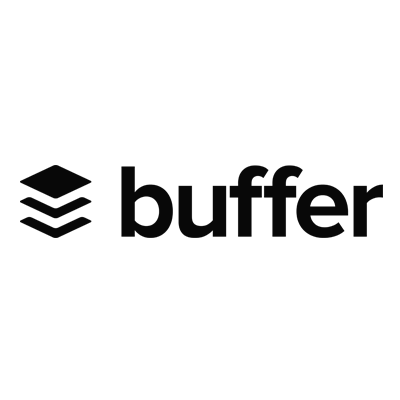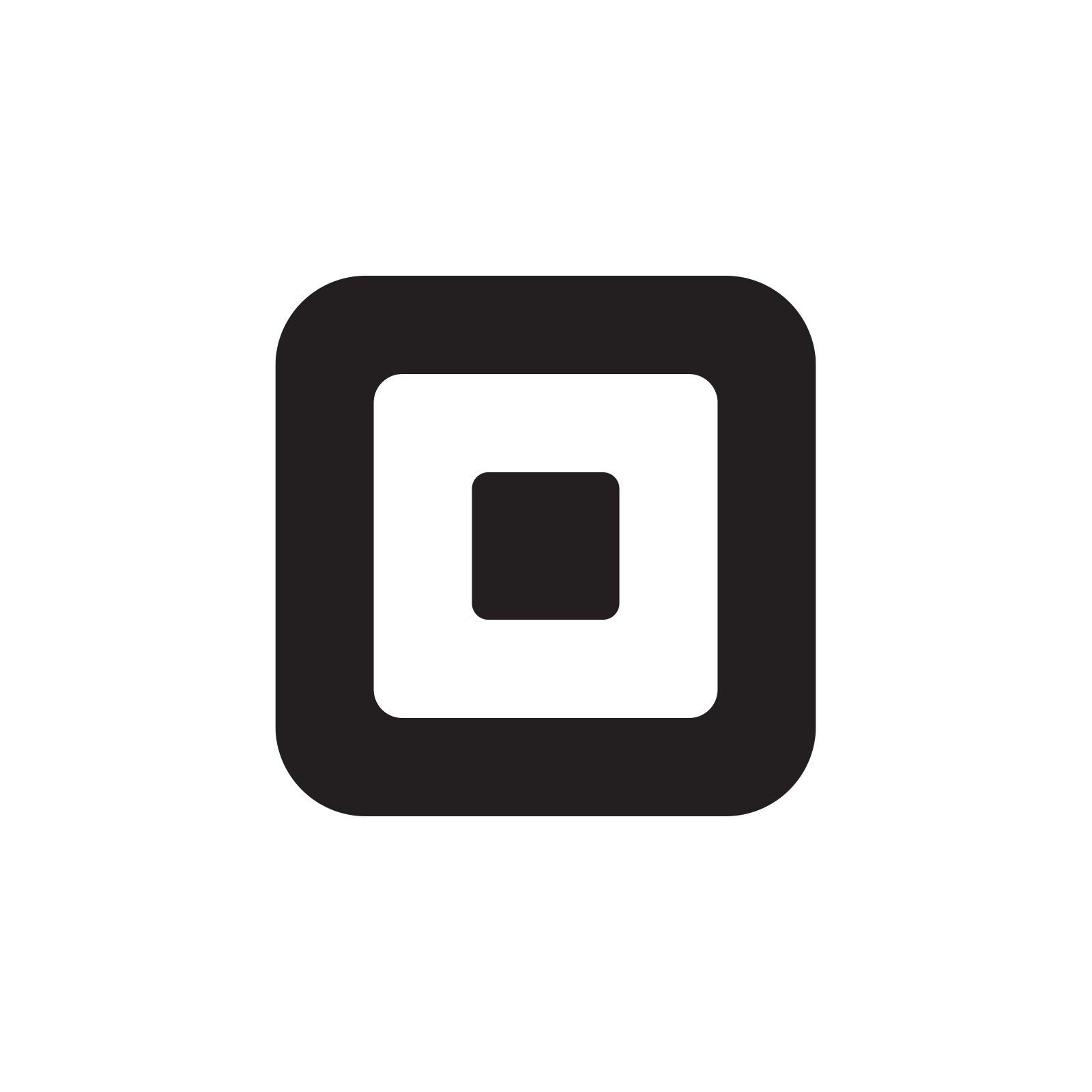On Starting An Organization For Business Education And Networking
I was on the brink of losing my job, struggling to keep up with the 100 call goal at my recruiting job when the sales director handed me a book, “How to Win Friends and Influence People,” as a final effort to try to coach me before the inevitable firing he’d planned.
I sobbed all the way home, knowing it meant that the work I’d done to try to improve was still lacking. Little did I know that this first text on the topic of influence would lead me down a path to launching one of the largest women’s membership organizations in the city of Denver, and possibly the entire state.
As Founder of Women of Denver, I started a network with the goal of building my own community in a new city. That tiny little group started in 2014 with just 5 women around a coffee shop table now hosts dynamic events each month with thousands of annual attendees and hundreds of premium members.

What began as a passion project has successfully...

Download the report and join our email newsletter packed with business ideas and money-making opportunities, backed by real-life case studies.

Download the report and join our email newsletter packed with business ideas and money-making opportunities, backed by real-life case studies.

Download the report and join our email newsletter packed with business ideas and money-making opportunities, backed by real-life case studies.

Download the report and join our email newsletter packed with business ideas and money-making opportunities, backed by real-life case studies.

Download the report and join our email newsletter packed with business ideas and money-making opportunities, backed by real-life case studies.

Download the report and join our email newsletter packed with business ideas and money-making opportunities, backed by real-life case studies.

Download the report and join our email newsletter packed with business ideas and money-making opportunities, backed by real-life case studies.

Download the report and join our email newsletter packed with business ideas and money-making opportunities, backed by real-life case studies.





















